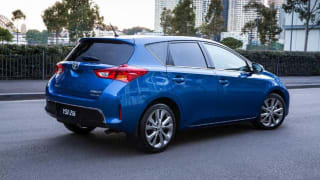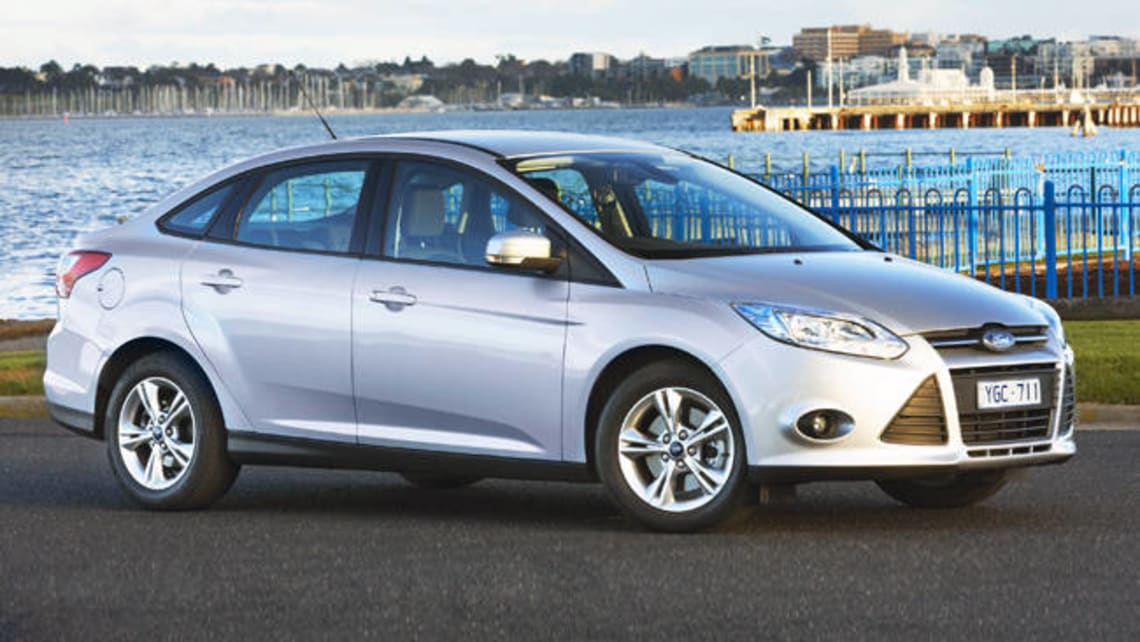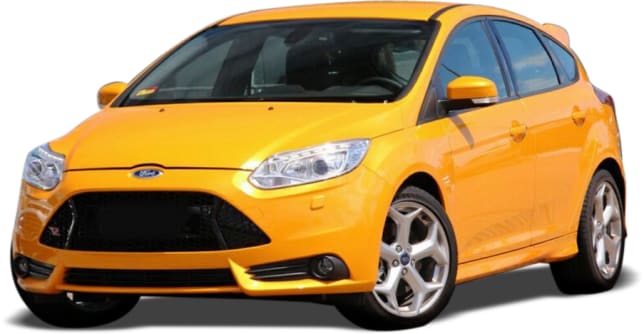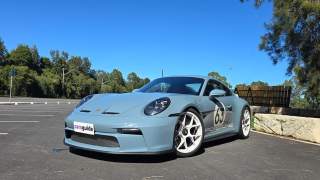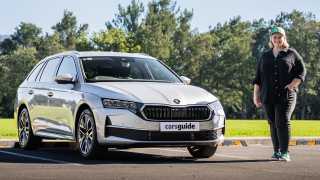The case for diesel continues to be less than clear cut, especially if you are looking for a small car. Take Ford's latest diesel Focus sedan. The test car, a 2.0-litre TDCi diesel with six-speed dual-clutch automatic transmission in mid-range Trend trim, has a retail price of $30,500, or $3710 more than the 2.0-litre petrol auto Trend. That's a big gap even if you are not on a tight budget, especially considering higher pump prices for diesel. Some of that gap will be recovered on resale, but only about $1000 after four years.
Diesel economy
While the diesel is easier on fuel, it is not that much more frugal, with a combined average of 5.5litre/100km compared with 6.6litre/100km in the petrol Trend. But if you have to have a diesel, the Focus should be at the top of the list. It is cheaper than a comparable Volkswagen Golf and more rewarding to drive than a Holden Cruze. And for those with a soft spot for diesel power there is the appeal of the way the engine operates, delivering instant and effortless acceleration when and where it is needed.
Engine
Like all turbo diesels, the Focus TDCi delivers its best at low to medium engine speeds, is flexible and tractable around town and composed and relaxed on the open road. It also has lower carbon dioxide emissions. The 2.0-litre Duratorq TDCi diesel engine has been updated to produce 120kW (up 20kW) and 340Nm from 2000 to 3250rpm. (up from 320Nm or 340Nm on an eight second over-boost).
Explore the 2012 Ford Focus range
It has a new generation combustion system, higher pressure fuel injection and a small low inertia variable vane turbocharger. These help deliver stronger and more refined punch, at lower engine speeds, rapid and elastic mid-range acceleration and lower fuel use than its predecessor, all helped by smooth and decisive six-speed PowerShift automatic transmission. The engine is commendably quiet on idle and barely discernible from the petrol Trend on the move.
Design
Like the hatch, the latest sedan is longer, stronger, lower, a little heavier and sits on a longer wheelbase. Armed with sophisticated good looks, the sedan is identical to the hatch forward of the rear doors, but has a different rear end with a longer roof and larger rear quarter windows.
The interior layout is attractive and well finished with quality trim. The cockpit-style driving position has deep-set instruments and an array of controls on the steering wheel and central command console that take time to master. Seats are large and well-bolstered with plenty of adjustment and the steering column adjusts for reach and tilt.
The boot is large for its class and the rear seats split fold and the seat cushions flip up to allow the back seats to fold flat.
Driving
On the road, the Focus remains at the top of its class in chassis dynamics. It feels taut, solid and agile and is inspiring and rewarding to drive with accurate tactile steering, a firm composed ride and secure and confident handling. It is also very quiet with very little wind and road noise, the 16-inch wheels and tyres on the Trend being quieter, more compliant and with a tighter turning circle than the 18-inch wheels fitted to the top of the range model.
There are three trim levels in the diesel sedan, the Trend, the Sport and the Titanium, all automatic and all the same price as the hatch versions. The Trend comes with six airbags, stability control, a five-star crash rating, alloy wheels, cruise control, rear parking sensors, a single CD audio with voice control, Bluetooth and USB/iPod connection, fog lights, a space saver spare wheel, lumbar adjustment on the driver's seat and a bonus for a diesel, a capless fuel filler. A $300 option pack adds automatic headlights and wipers, auto-dipping mirror, and follow me home lights. Focus sales jumped 30 per cent last year in a total small car market that was up only 0.9 per cent, although not too many of them were diesels.
